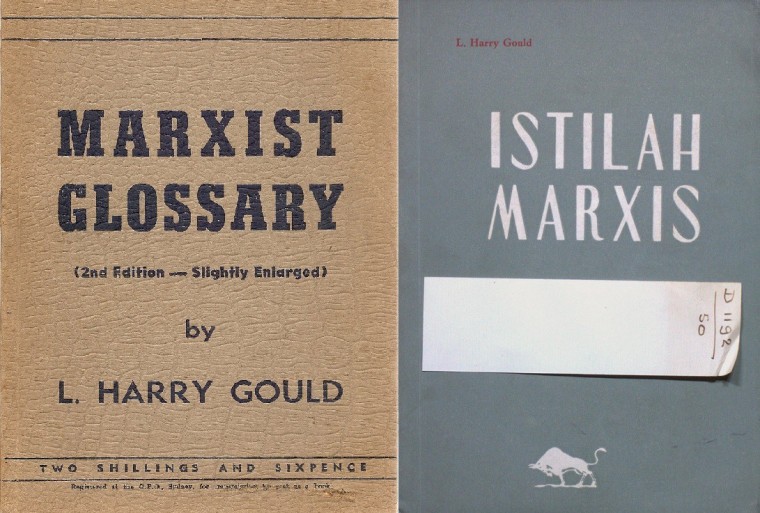We at the Forum are delighted to draw your attention to the magazine Jacobin, which has just published an interview with Prof. James Mark about the new book 1989: A Global History of Eastern Europe, co-authored with Exeter colleagues Bogdan Iacob, Tobias Rupprecht, and Ljubica Spaskovska. Here is the introduction:
When Eastern Europe Left the World Behind: An Interview with James Mark
On the thirtieth anniversary of the fall of the Berlin Wall, commemorations of the “end of communism” proved rather muted. The Washington Post lamented the dismantling of the democratic institutions so hard-won in 1989, accusing Hungary’s far-right premier Viktor Orbán of antics that would make his communist predecessors “blush.” Writing in the Guardian, liberal historian Timothy Garton-Ash also felt that the “dictators [are] coming back,” but insisted the “spirit of 1989” could resist the spread of so-called “illiberal democracy.”
Both readings conform to a commonplace understanding of what happened in central-eastern Europe after 1989 — a wave of democratic mobilization, cruelly beaten down by new Moscow-aligned autocrats who do not want to embrace “Western values.” This perception has been fueled by the public declarations of many leaders in the “Visegrád” countries (Poland, Hungary, Czech Republic, Slovakia) who have insisted on the preservation of their Christian and national culture as against “globalism” and multiculturalism. Continue reading “Jacobin interview with Prof. James Mark: When Eastern Europe Left the World Behind”




You must be logged in to post a comment.